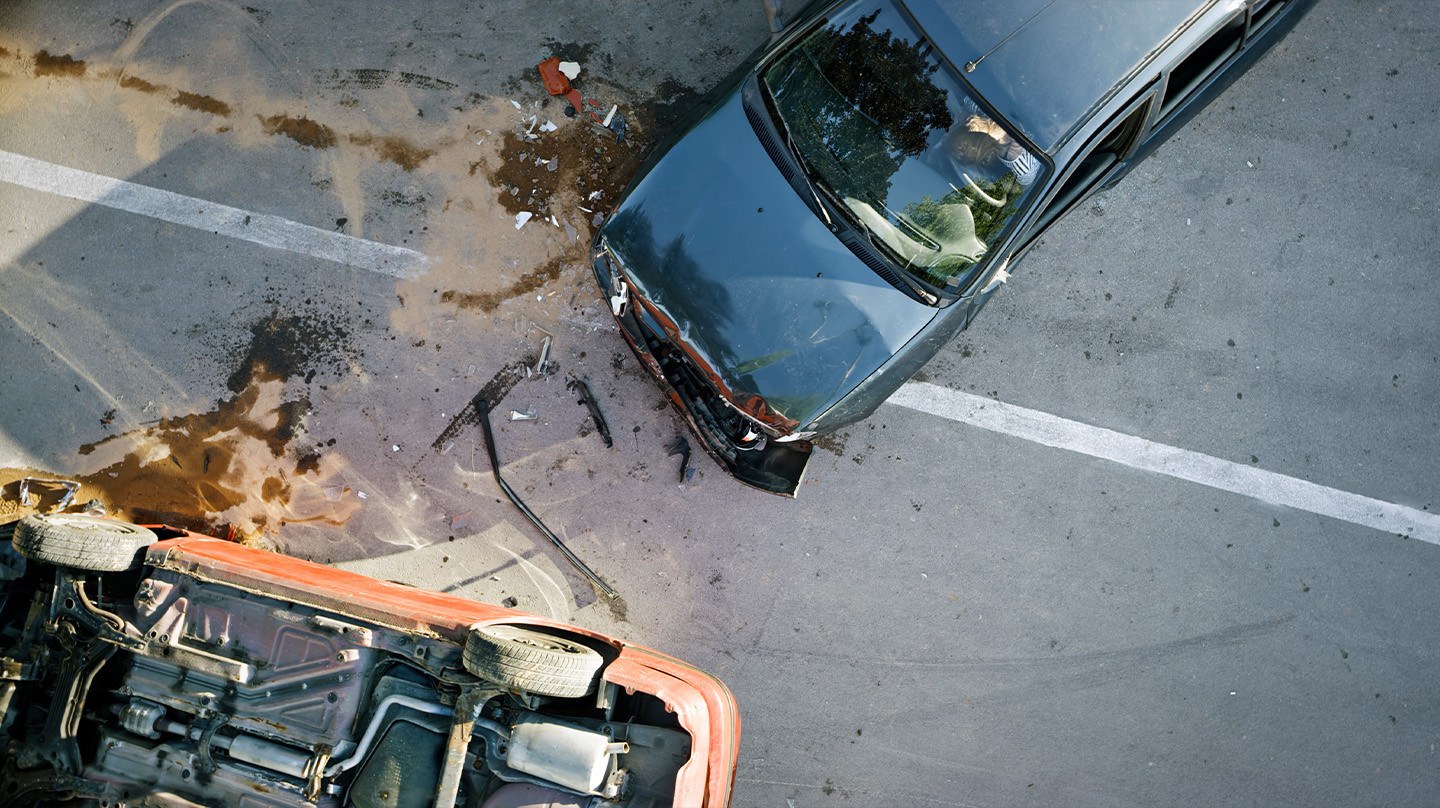What to do After a Car Accident That’s Not Your Fault

After a car accident you may be left feeling numb and in shock. You might not be ready to think logically about all the practical things you'll need to do next. It can be overwhelming thinking about what actions you need to take, especially if it's a situation you've not been in before. Handling things correctly is important, especially if you're considering hiring an auto accident attorney to help you process your claim to seek compensation from an insurance company. Our experienced attorneys at Clore Law have some advice on what to do after a car accident that's not your fault.
What to do immediately after the incident
Most of the accident follow-up will be in the days, weeks and months following your car accident, but there are also steps you should take at the scene of the incident too, such as:
- Taking the other driver's name, address, registration number and insurance details
- Taking photos of the scene of the accident
- Taking photos of your both your vehicle and any other vehicles
- DON'T admit fault. You're likely in shock and may not be thinking straight
- Taking down details of any witnesses
- Call the Police
What to do in the days, weeks & months following the incident
See a doctor for any injuries
As soon as you are able to, it is recommended that you see a doctor after your crash, even if your injuries are minor or you don't think you have any. You may need to reclaim financial compensation for medical bills, loss of earnings or emotional trauma as your case develops, so having any injuries documented is an essential piece of evidence for your potential claim.
Keep any documentation or receipts for your car repair
When getting repairs done to your vehicle following a motor vehicle accident, it's always a good idea to keep a record of the repairs and any associated costs. These receipts could prove vital when it comes to calculating what you might be owed as part of your claim or evidencing the damage that was done during the crash.
Don't accept a first offer payout from insurance
Do not accept an insurance pay out offer from the other person's insurance company before speaking to an attorney for advice. Insurance companies will often use complicated documents and ambiguous information to get clients to agree to as little as possible when covering damages or medical bills. After all, it's in their own interest to save as much money as they can, so they'll always offer the minimum amount-meaning what they offer is rarely representative of what you deserve. Getting free advice from an attorney costs nothing, so we always recommend speaking to a personal injury lawyer first, before agreeing to anything with an insurance company.
Contact your insurance company
Always notify your insurance company immediately after a collision to tell them the accident was not your fault and that you may be pursuing a claim through an independent attorney that is liaising with the at fault driver's insurance company on your behalf.
Trust Clore Law as your experienced car accident attorneys
At Clore Law, we understand the process, the legalities, the evidence to look out for and how much financial compensation you are entitled to. We liaise with the insurance companies for you and cut through the jargon-reducing any extra stress and worry of handling your claim, and ensuring you're getting the maximum compensation you deserve. We work on a contingency basis, meaning that you owe us nothing unless we recover compensation for you.
For years, we have been supporting people after car accidents that weren't their fault. Our attorneys are ready to listen, to explain your rights and to fight for compensation on your behalf. Get in touch with our experienced lawyers for a free consultation today and tell us your story.
Contact Us
Clore Law Group welcomes your questions about any issues concerning a serious personal injury, car accident, medical malpractice, nursing home neglect, or business tort. If you have a viable claim, we’ll explain the legal process. Since consultations are always free, there’s no cost in learning your legal options.